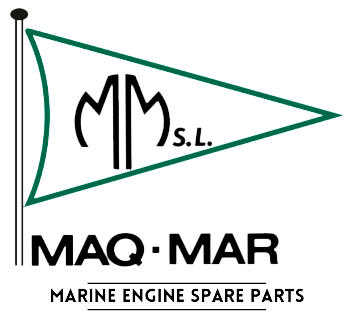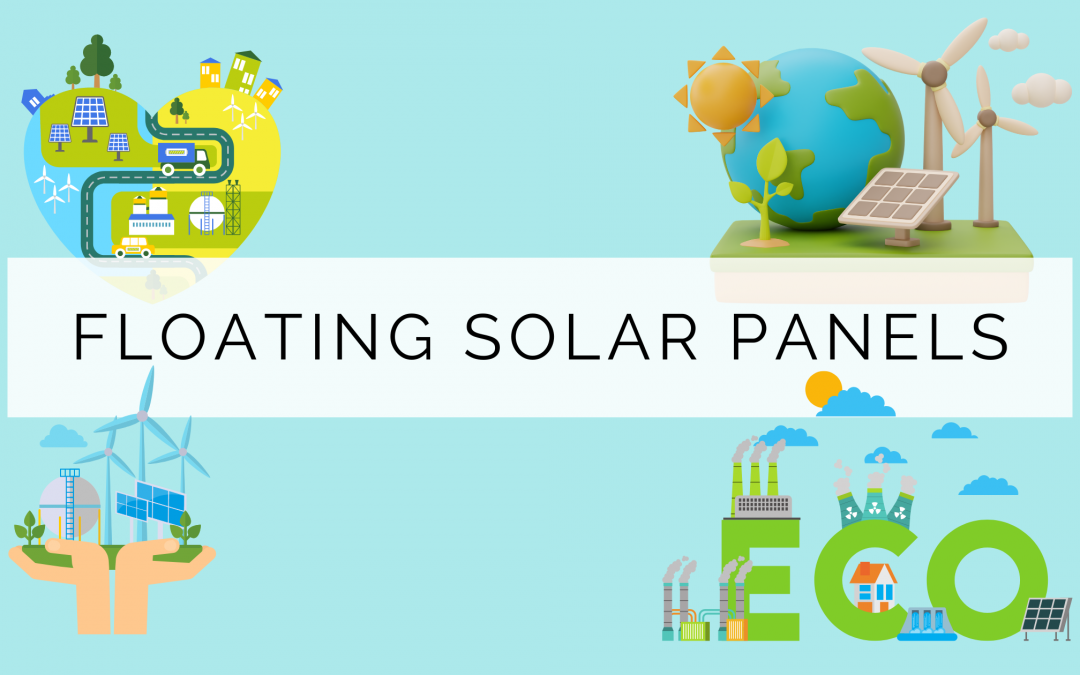At MAQMAR, in addition to supplying products for marine engines and propulsion, we can also supply products for naval installations, such as the pumps needed for floating offshore solar panels -installed in the sea-.
Hydropower
Hydropower is the most widely used renewable energy in Spain. Although they do not contribute to the greenhouse effect, dams have a detrimental effect on the environment, as they alter the natural landscape and wildlife. Furthermore, as they require a large amount of water to generate this type of energy, they reduce river flows, contributing to drought, which is a major problem in many places.
Solar energy
On the other hand, solar energy, although it is not the only energy considered clean, is the one that has the least impact on our ecosystem. Other clean energies include wind, hydroelectric, nuclear, tidal, green hydrogen, etc. However, solar or photovoltaic installations leave less of a footprint and can be almost completely recycled.
Our planet receives 6,000 times more solar energy than the energy consumed worldwide. Solar installations on land are becoming increasingly common, but there are places where the available surface area is very small. Therefore, new methods have to be developed, such as floating solar panels, which are solar plants suspended over water.
Therefore, floating solar panels seem a priori a better alternative. Let’s take a look at these systems:
Pros:
- They are installed on any surface with water: lakes, dams, sea, etc.
- They use the same materials as terrestrial solar panels, except for the anchoring system.
- They are more efficient than terrestrial solar panels.
- They produce energy for approximately 30 years.
- They are 95 % recyclable.
Cons:
- Saltpetre can damage the plates and reduce their lifespan.
- It is an obstacle for seaplanes on firefighting missions.
- Solar panel manufacturers cannot yet offer minimum durability guarantees for these applications.
- It requires a higher investment compared to terrestrial solar panels.
Wind energy
On the other hand, there are offshore wind farms, which are arrays of windmills that are installed offshore, either anchored to the seabed, on the shore or on floating platforms. In the UK, several have been installed in recent years by the company Iberdrola. Let’s take a look at the pros and cons of these energy production systems:
Pros:
- They do not affect the landscape, as they are installed far from the coast.
- Wind turbines are easier to transport by sea than by land.
- They are usually more efficient than on land, as the wind is constant and reaches higher speeds.
Cons:
- They harm wildlife, especially birds.
- The materials used are more polluting than those used to manufacture photovoltaic panels.
As can be seen, every means of energy production has its benefits and disadvantages. Even so, countries such as the Netherlands, China and Japan are making a strong commitment to floating solar panels, as they lack available land surface. The Spanish Government is promoting the installation of these panels in the country’s reservoirs as a complement to the terrestrial solar panels already installed.
At MAQMAR we are sure we can help you with whatever you need. We supply pumps from the Bombas Azcue brand (centrifugal pumps, submersible pumps…), marine engines such as Guascor Energy or Deutz and spare parts for ships such as mechanical seals, O-rings, etc. Don’t hesitate to contact us if you have any questions.
See you next post!

